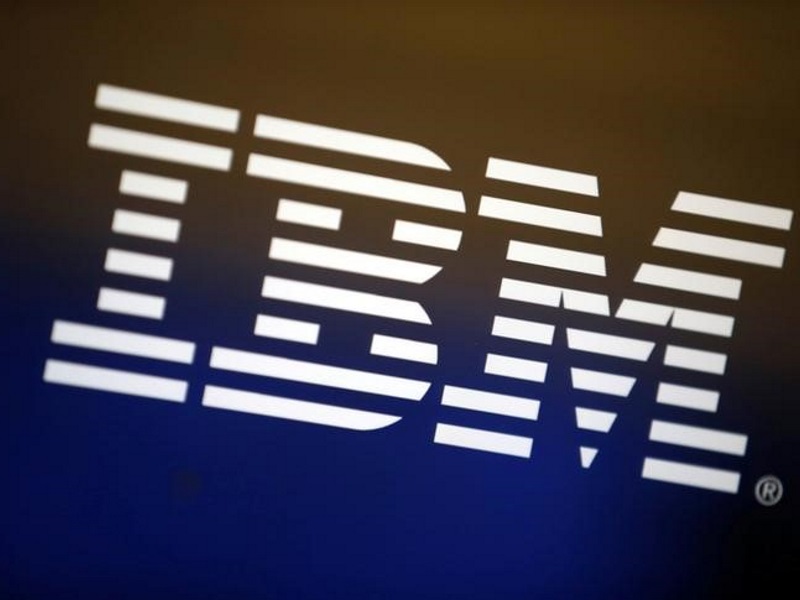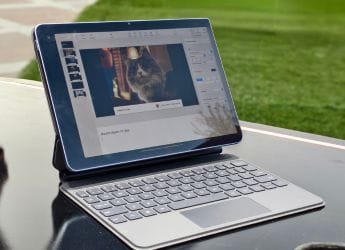- Home
- Laptops
- Laptops News
- US Supreme Court Declines to Revive Apartheid Claims Against IBM
US Supreme Court Declines to Revive Apartheid Claims Against IBM

The justices left in place a 2015 ruling by the 2nd US Circuit Court of Appeals in New York that favored the two companies. That court decided that the plaintiffs failed to show that there was a close connection between decisions made or actions taken by Ford and IBM in the United States to killings, torture and other human rights abuses that took place in South Africa from the 1970s to early 1990s.
Ford was accused of providing military vehicles for South African security forces and sharing information about anti-apartheid and union activists. IBM was accused of providing technology and training to perpetuate racial separation and the "denationalization" of black South Africans.
Apartheid refers to South Africa's former white-minority government's policy of segregating and oppressing the majority black population from 1948 to 1994.
The plaintiffs, led by Lungisile Ntsebeza, sued more than a decade ago under the Alien Tort Statute, a 1789 US law that lets non-US citizens seek damages in American courts for human rights abuses abroad.
But the US Supreme Court significantly narrowed the reach of that law in 2013, leading US District Judge Shira Scheindlin in 2014 to dismiss the South African plaintiffs' case.
Germany's Daimler AG and Rheinmetall AG were dismissed as defendants in the case in 2013. Dozens of other companies were previously dismissed.
Apartheid ended in 1994 when South Africa held its first all-race elections, bringing Nelson Mandela and the African National Congress to power.
© Thomson Reuters 2016
Get your daily dose of tech news, reviews, and insights, in under 80 characters on Gadgets 360 Turbo. Connect with fellow tech lovers on our Forum. Follow us on X, Facebook, WhatsApp, Threads and Google News for instant updates. Catch all the action on our YouTube channel.
Related Stories
- Samsung Galaxy Unpacked 2026
- iPhone 17 Pro Max
- ChatGPT
- iOS 26
- Laptop Under 50000
- Smartwatch Under 10000
- Apple Vision Pro
- Oneplus 12
- OnePlus Nord CE 3 Lite 5G
- iPhone 13
- Xiaomi 14 Pro
- Oppo Find N3
- Tecno Spark Go (2023)
- Realme V30
- Best Phones Under 25000
- Samsung Galaxy S24 Series
- Cryptocurrency
- iQoo 12
- Samsung Galaxy S24 Ultra
- Giottus
- Samsung Galaxy Z Flip 5
- Apple 'Scary Fast'
- Housefull 5
- GoPro Hero 12 Black Review
- Invincible Season 2
- JioGlass
- HD Ready TV
- Latest Mobile Phones
- Compare Phones
- Leica Leitzphone
- Samsung Galaxy S26+
- Samsung Galaxy S26 Ultra
- Samsung Galaxy S26
- iQOO 15R
- Realme P4 Lite
- Vivo V70
- Vivo V70 Elite
- Asus TUF Gaming A14 (2026)
- Asus ProArt GoPro Edition
- Huawei MatePad Mini
- Infinix Xpad 30E
- Huawei Watch GT Runner 2
- Amazfit Active 3 Premium
- Xiaomi QLED TV X Pro 75
- Haier H5E Series
- Asus ROG Ally
- Nintendo Switch Lite
- Haier 1.6 Ton 5 Star Inverter Split AC (HSU19G-MZAID5BN-INV)
- Haier 1.6 Ton 5 Star Inverter Split AC (HSU19G-MZAIM5BN-INV)

















